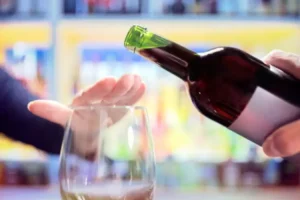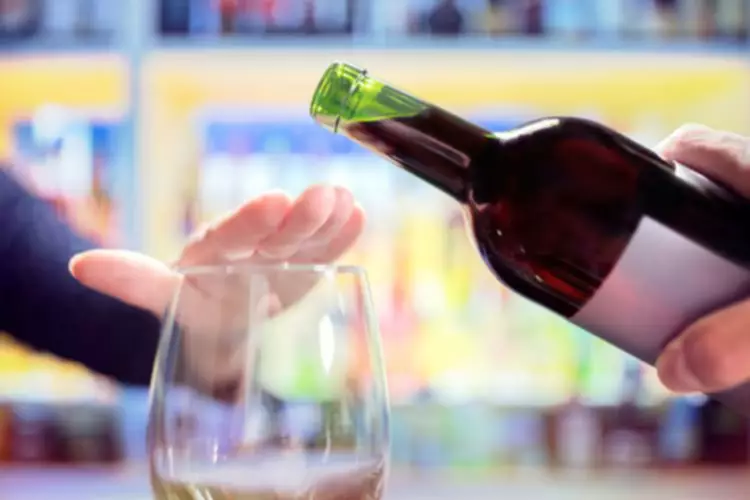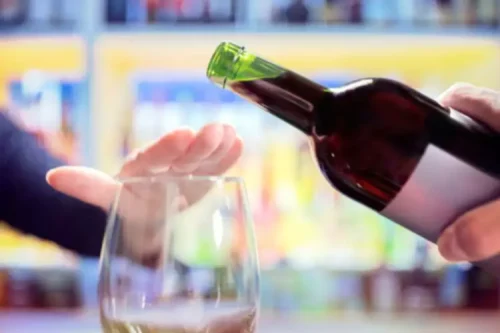
Engaging in outdoor activities can significantly aid in replacing substance use habits during recovery by providing constructive alternatives that foster joy and purpose. Moreover, physical exercise in nature leads to the release of endorphins and other neurochemicals, which are vital for enhancing mood. These ‘feel-good’ hormones can alleviate symptoms of anxiety and depression, common issues faced during recovery. By participating in outdoor activities, individuals can elevate their mood naturally, cultivating emotional stability that is important for long-term sobriety. Outdoor activities offer numerous psychological benefits for individuals in addiction recovery.

The Role of Exercise in the Recovery Process
Setting personal goals gives members a clear direction in their recovery journey. This activity helps members define short-term and long-term goals, creating actionable steps to achieve them. Goals can provide motivation, purpose, and a sense of accomplishment.

The Role of Holistic Therapies in Addiction Treatment
- Discover why waiting for treatment is always a mistake; timely care can save lives and improve health outcomes.
- They can also help participants develop their communication skills and experience strength through vulnerability.
- Then write about or discuss ways you can serve the same purpose in a more positive way, such as allowing yourself regular sessions of peaceful self-care to stave off overwhelm.
Our content does not constitute a medical or psychological consultation. See a certified medical or mental health professional for diagnosis. Sometimes, people working hard to recover from addiction feel like they are stuck in a rut. It can be challenging, especially if you’re doing the same things every day. Mock job interviews and resume building workshops prepare individuals for re-entering the workforce with confidence. It’s like a dress rehearsal for success, where feedback is constructive and mistakes are learning opportunities.
The Role of Exercise in Managing Stress During Recovery
- Additionally, teamwork and socialization are vital components of outdoor activities.
- Substance rehabs focus on helping individuals recover from substance abuse, including alcohol and drug addiction (both illegal and prescription drugs).
- Robert Haynes, a psychology graduate from the University of Hertfordshire, has a keen interest in the fields of mental health, wellness, and lifestyle.
- To find another treatment program, browse the top-rated addiction treatment facilities in each state by visiting our homepage, or by viewing the SAMHSA Treatment Services Locator.
- ” This makes the activity less overwhelming and helps participants focus on positive growth.
Forms of charades like emotions charades can also encourage participants to explore their emotions and become more comfortable with them. Role-playing is an effective heroin addiction way to help group members practice handling any tough situations that may arise during treatment, such as making apologies and amends to family members. Participants can also share different coping skills that have worked for them, as well as what hasn’t worked. Sound therapy may be most beneficial when offered by a trained practitioner, but music, instruments, or nature sounds may also be incorporated informally into group and peer sessions.

- Facing drug addiction or alcohol abuse can be an isolating experience, which is one of many reasons why treatment providers use group therapy and peer support in their programs.
- Explore the mental effects of alcohol, from immediate impact to long-term consequences, and protect your brain health.
- Or picture a lively game of bingo where, instead of numbers, participants mark off common cognitive distortions as they recognize them in their own thinking.
That’s why some recovery groups have members anonymously write down their fears and place them in a bowl or bag. The group leader then reads each fear, https://ecosoberhouse.com/ allowing members to identify shared fears and feel less alone. Recovery groups can highlight the healing quality of music in various ways. For example, group members can take turns playing an instrument (such as a Tibetan singing bowl), share meaningful songs about recovery, or even try writing a song together.
Roleplaying

It’s amazing how throwing a few punches (at a bag, of course) or busting a move can shift your mood and energy. You can prepare for these situations by roleplaying addiction recovery group activities as a group therapy activity. Group members will act out the events while discussing how to handle conflicts and achieve the healthiest outcome. Many recovery groups encourage gratitude by having members write gratitude lists. These lists can include anything you feel grateful for, from your sobriety to your loved ones to your favorite foods.
